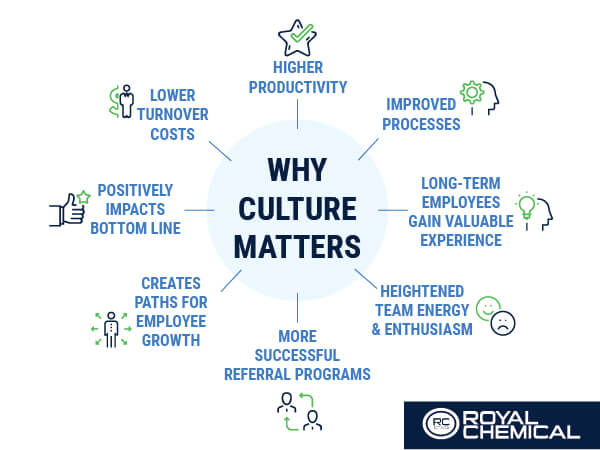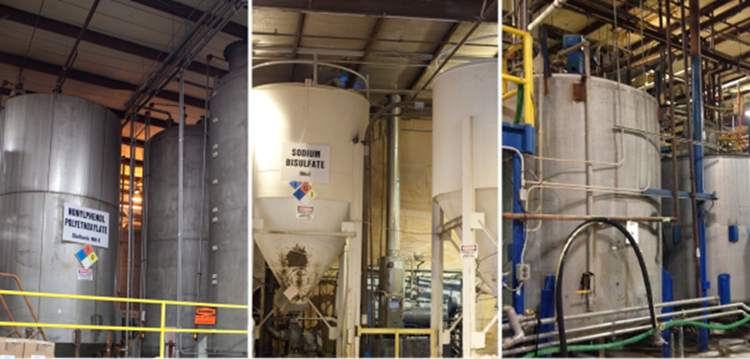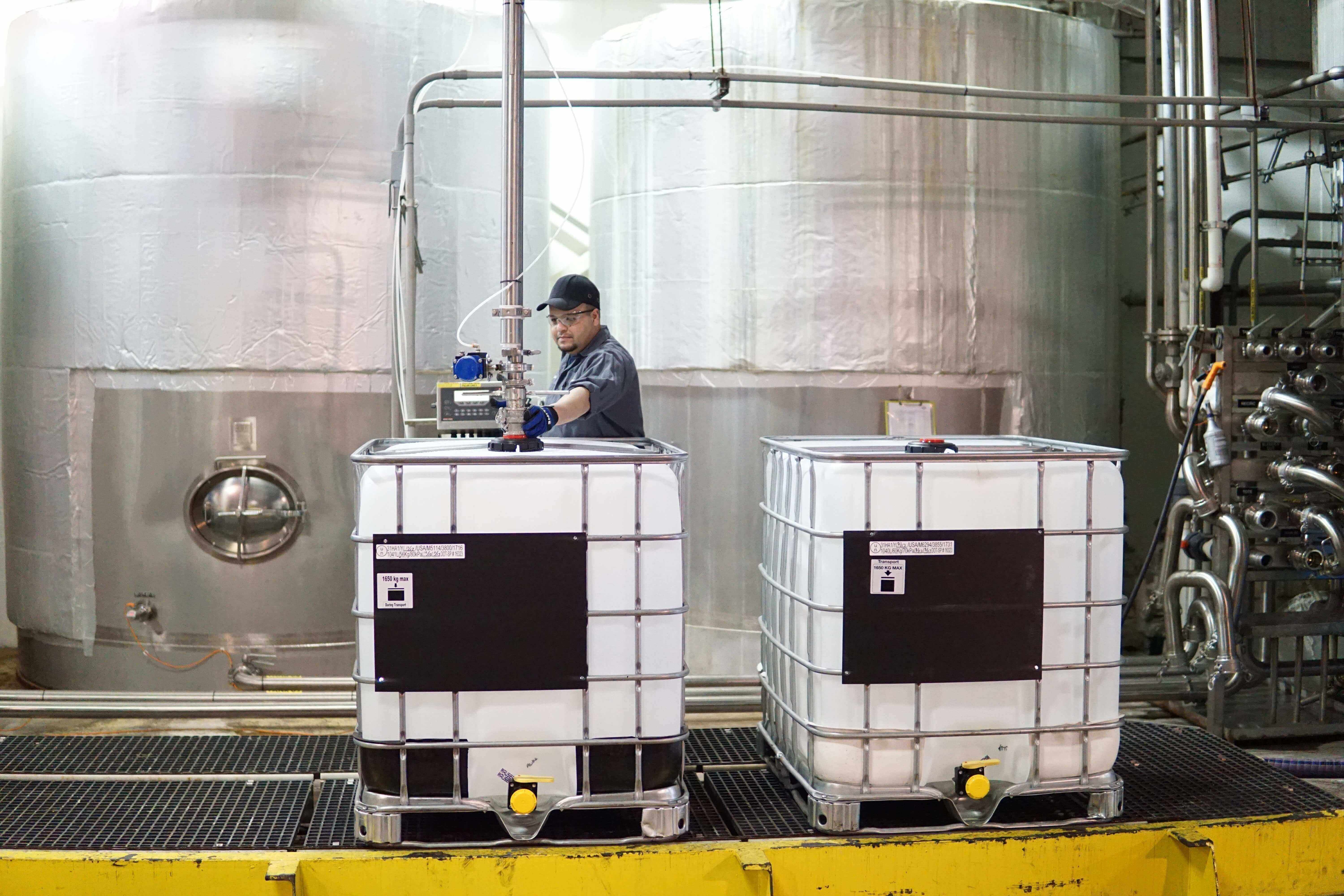Why the COVID-19 Pandemic Should Change Your Corporate Culture
Thanks to the COVID-19 pandemic, HR managers in the chemical industry have faced a variety of new hurdles. First and foremost, many HR professionals have spent the year working with environmental and health and safety managers to integrate new and additional safety protocols in the manufacturing environment.
But for HR professionals, staff and personnel changes, layoffs and turnover have been frequent and tumultuous, prompting a new type of challenge at work: How can you keep employees so satisfied with their jobs that even an unstable environment won’t shake them?
“Essential workers” are in the headlines regularly now, but companies with cultures that recognized their employees as essential before the pandemic have found their footing faster than those where internal messages were mixed, or worse, going into 2020.
The pandemic has forced companies to quickly adapt their product lines and processes, but few companies have used it as a chance to take a closer look at their hiring practices and corporate culture. Did your workers feel essential prior to this year?
Why Culture Matters
Culture plays a leading role in employee retention and company strength. If employees aren’t a good cultural fit, they’re more likely to leave. The high costs of employee turnover means that culture fit must be considered as part of an effective hiring strategy.
Aside from high costs, better culture leads to better productivity. Solutions to problems come a little faster and easier in organizations where managers and employees know each other’s names and enough about their co-workers to carry a conversation past “hello.”
Both company and customers benefit from having dedicated employees who contribute to improving work processes, and employees working in a reciprocal environment commit their energy and enthusiasm to improving processes and implementing innovations. In so many ways, the company’s culture – and those employees who are a vital part of it – positively impacts the bottom line.
So how do you get there? Start with communication. Identifying, understanding and respecting employee concerns is paramount to managing a reliable workforce. Especially in the constant changing COVID realm, encouraging open communication at all levels and maintaining consistent work schedules as much as possible has helped to solidify employee/employer relationships.
The most successful companies know and appreciate their people and invest in them beyond paychecks, insurance, and other standard benefits. Providing extensive training programs and ensuring (and enforcing) the use of high-quality safety measures and protective equipment are measures that build a trusting culture that benefits everyone.
Having a good corporate fit means employees are better-positioned to be productive and satisfied in their roles, and for the most part, that kind of investment in hiring keeps employees from leaving for the competition. Regardless of how attractive the working atmosphere is, some employees will be lured to other opportunities. However, it’s not unusual for some of those to come back, saying upon their return that they’d learned “the grass wasn’t greener.”

Hiring as a Tool to Improve Corporate Culture
Companies that value their corporate culture hire slowly. While automated selection processes are very common, ensuring a good cultural fit demands a fairly high-touch process.
Deliberate hiring and onboarding procedures not only identify quality candidates, they also tend to uncover “soft skills” in the process that can be cultivated as the employees grow into new roles and responsibilities – yet another example of how a positive corporate culture becomes a recruiting tool.
As wise HR directors know, attracting good employees is not all about pay scale. "Money is good,” they say, “but you forget about it after you spend it."
Basic Hiring Criteria for Chemical Manufacturers
What are some basic requirements for hiring in the chemical manufacturing industry? Demonstrating excellent attendance is very important, but some applicants are surprised to find that experience is not absolutely necessary. Most manufacturers can and do provide extensive training for new hires and support cross-training and apprentice or shadowing programs so that promoting from within, and retaining institutional knowledge, is the norm.
Perhaps most important is determining whether the candidate has a general understanding and acceptance of the industry and manufacturing environment. Successful employees must appreciate the importance of regulatory compliance, for example, and be able and committed to consistently following the chemical industry’s required standards and documentation processes.
Making Long-Term Plans for the Future
Before the pandemic, chemical companies already knew that to grow their businesses, they needed to find new flexibility and to strengthen relationships with customers, suppliers, and employees.
As companies navigate changing consumer demands and existing supply chain disruption, they cannot let employee engagement and company culture slip away. If your company is in a position to hire, take that opportunity seriously. Establish protocols for Zoom interviews and, if the employee will be working remotely, work to make them feel like a welcome member of the team even when they’re off-site.
Take time to create initiatives that make current employees feel welcome, too. Considering bonuses or surprise incentives for their work amidst a global pandemic. Everyone is feeling the pressures that come along with living through 2020. Do what you can to express empathy and let them know you appreciate their hard work.
If you’ve worked with Royal, you know we build customer relationships the same way we hire: thoughtfully and carefully. Working as partners, we can address the biggest challenges facing our industry.
Before moving any production lines to a contract manufacturing facility, we encourage our customers to understand how every aspect of their business will be affected. That includes hiring and training concerns, as well as logistical and legal ones.
Got challenges? Let’s see what we can do together.
Talk to an Expert
Streamline Your Chemical Manufacturing Process
Royal Chemical’s expertise in blending, packaging and shipping can save you time, reduce costs and deliver consistent results.














